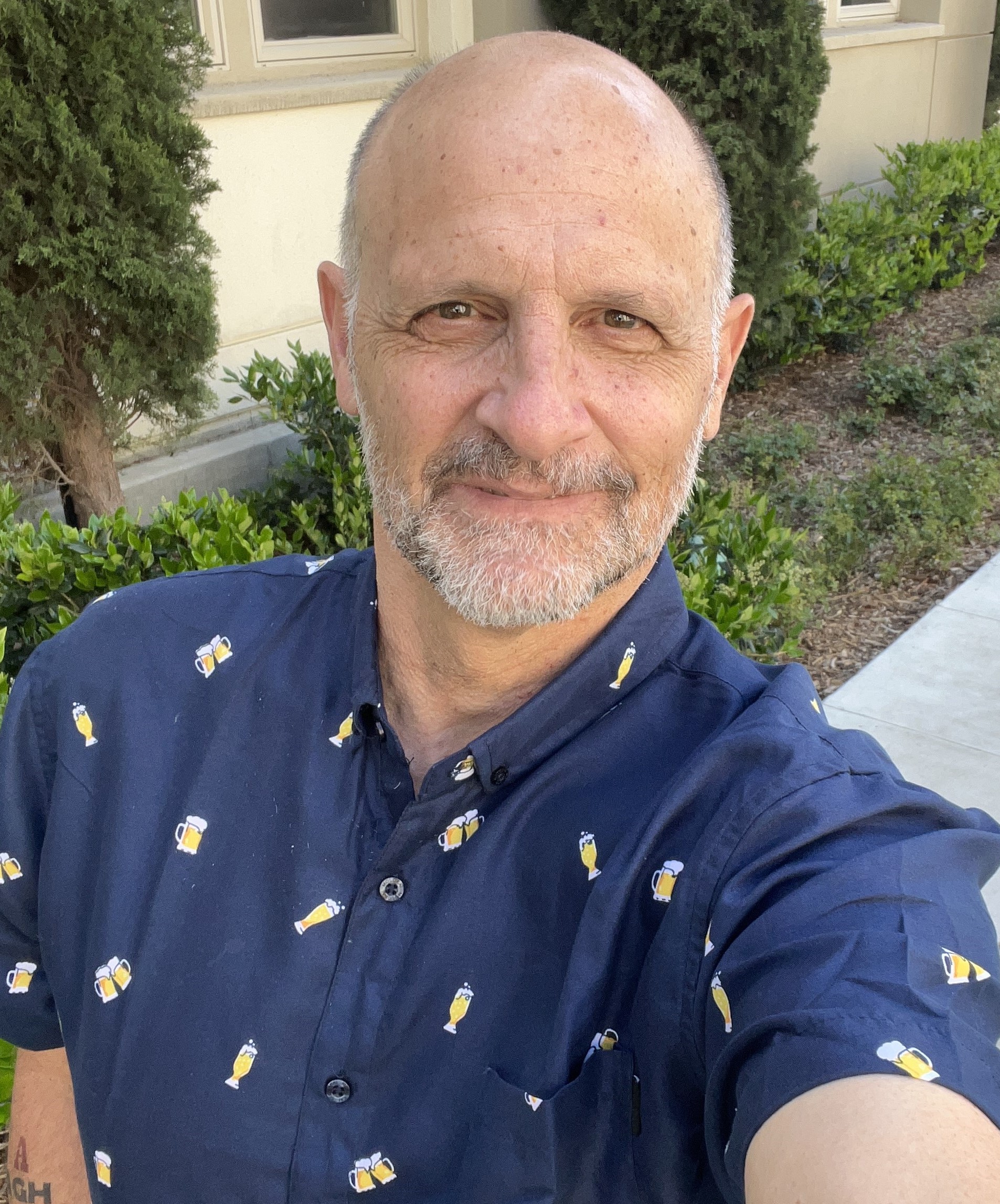Read Santa Cruz Local's Election Guide
Meet Gregory Hyver
- Age: 62
- Residence: Hyver has a home in the Soquel Hills and a home on Locust Street in Downtown Santa Cruz.
- Occupation: Full-time property manager, part-time real estate agent
- Local government experience: Hyver spent most of his career in high tech and software development in Silicon Valley, managing teams of 10 or more. He also holds a degree in applied mathematics from UC Berkeley, a teaching credential from San Jose State University, and an MBA from Santa Clara University. Outside of his work, Hyver has held strong interests in history and government, and studied the ways “power and control becomes an obsession in government, and how it can turn evil very quickly.”
- Important local issues: Hyver said what made him run for office is his belief that “there is a systemic suppression of certain political views in city government, and it runs from City Hall to the police department.” Hyver recently started the nonprofit organization First Amendment Rights Preservation Society, Inc. to defend free speech across the world. Hyver also was one of many Soquel Hills residents who challenged jet noise from a flight path change to San Francisco International Airport in 2015. “I dedicated everything to this house and moving there,” Hyver said about his Soquel home. “Unfortunately, my life changed completely and dramatically, so I wanted to find a way to take power away from the government, because I felt they had too much power to do whatever they want. I see government power as continuing to encroach on individual choices.”

Gregory Hyver (Contributed)
- What is your dream for the Santa Cruz community? Hyver said he wants people to be empowered. “I think a lot of voices aren’t heard here — there’s a certain narrowness to the way we think here, in terms of solutions,” Hyver said. “It seems that local government creates more and more hurdles for people to jump over, rather than open paths to opportunities here. And that needs to change.”
- Fun fact: Hyver calls himself a “hybrid person,” with experiences both in white collar and blue collar work: “I can relate to both sides of the scale of who we are, and that’s going to be really helpful in the city council role.” He said that he often spends weekends taking care of his five-acre property in the Soquel Hills.
Here are some of Gregory Hyver’s positions on issues brought forward by Santa Cruz voters. Responses have been edited for length and clarity.
New Santa Cruz City Council districts
In the Nov. 8 election, Santa Cruz city residents will choose District 4 representative for the Santa Cruz City Council. This is the first election where Santa Cruz voters will choose candidates from their geographical districts. District 4 includes:
- Downtown, Beach Hill, Beach Flats
- Part of the Upper Westside near Westlake Park.
- Neighborhoods along Mission Street east of Laurent Street. View a district map.
Santa Cruz City Council District 4 candidates
Gregory Hyver is one of the three candidates for District 4. Read Santa Cruz Local’s Election Guide for the other candidates:
Santa Cruz mayoral candidates
District 4 residents also will vote for a directly elected Santa Cruz mayor in the Nov. 8 election. Read Santa Cruz Local’s election guide to learn more about those candidates:
— Grace Stetson
Questions or comments? Email [email protected]. Santa Cruz Local is funded by members, major donors, sponsors and grants for the general support of our newsroom. Our news judgments are made independently and not on the basis of donor support. Learn more about Santa Cruz Local and how it is funded.
Santa Cruz Local’s news is free. We believe that high-quality local news is crucial to democracy. We depend on locals like you to make a meaningful contribution so everyone can access our news. Learn about membership.
